The first TFE731 was certified in 1972. Since that time, 20 different models with more than 13,000 units have been produced, logging an astounding 100 million plus hours of service on more than 30 different aircraft applications. The TFE731 gives you everything you want in an engine with proven experience, performance, and reliability.
Though most people would be satisfied with the performance of the legendary TFE731 turbofan engine, our engineers have continued to make engine improvements. In fact, for the TFE731-50R engine, they made 70 improvements to the already robust engine, including improved core and low-pressure spool technologies, new digital electronic engine control (DEEC) and a complete nacelle and thrust reverser system.
These changes resulted in greater versatility, dramatically improved temperature margins, a better lapse rate than the TFE731-5BR and, depending on altitude condition, up to eight percent better specific fuel consumption (SFC).
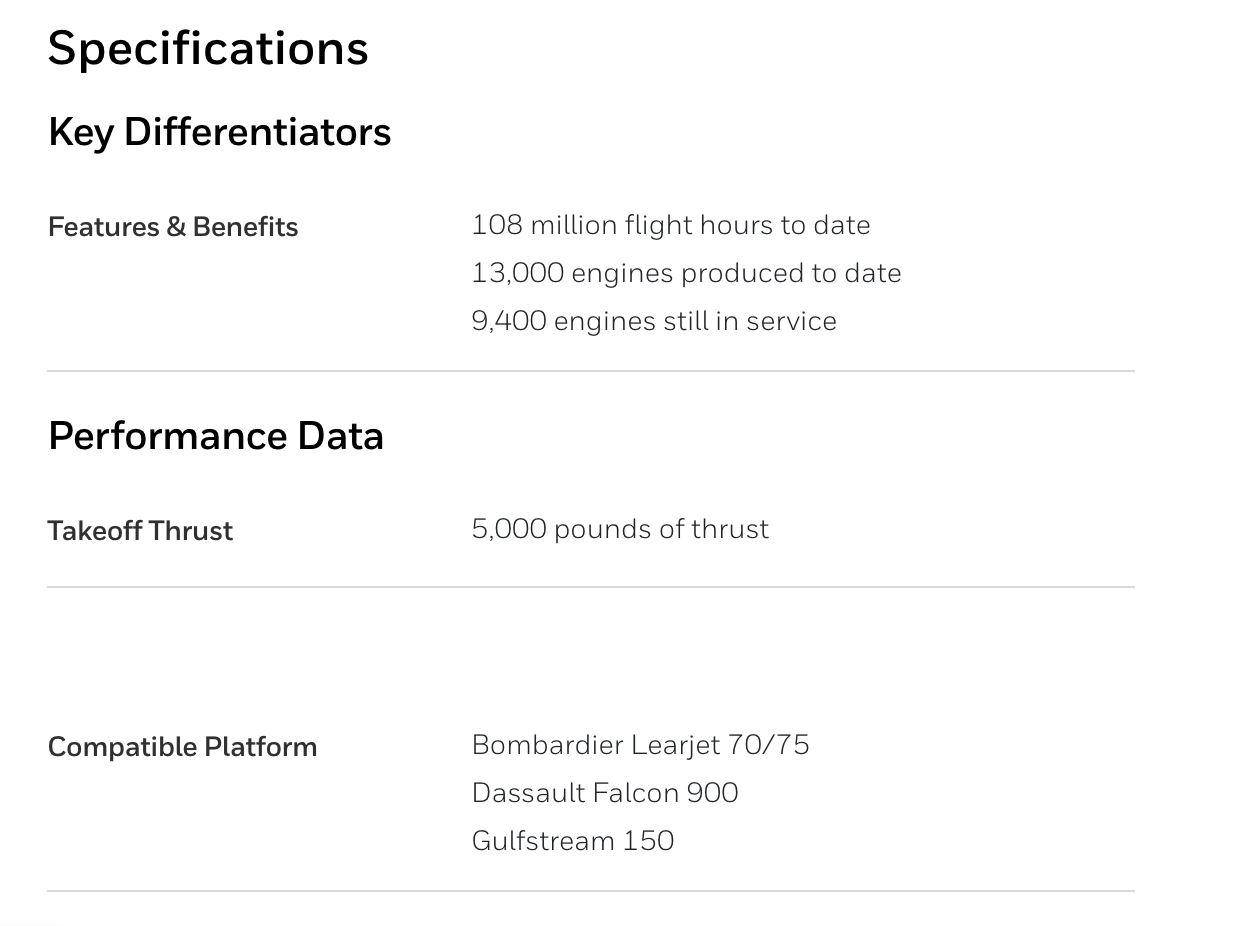
Yes, we retrofit legacy systems (e.g., GE Frame 5, Siemens V94.2) with modern digital controllers, typically completing hardware integration within 4-8 weeks. Software migration requires additional validation time.
We recommend annual performance testing under ISO 3977-2 standards. Critical applications (e.g., offshore platforms) may require semi-annual tests with emissions compliance checks.
All rad-hard devices (e.g., FPGA, ADC) are QML Class V certified under MIL-PRF-38535 and tested to MIL-STD-883 Method 1019 for SEU tolerance. Full qualification reports are available upon request.
Our ASICs and power management ICs operate across -55°C to +175°C ambient temperatures, with derating curves provided in military temperature range (MTR) datasheets.
Our PMA parts (e.g., actuators, sensors) hold FAA/EASA Form 1 certification and match OEM form/fit/function. Installation requires SB/MB documentation per FAA AC 23.1529.
All NAS/MS fasteners include full DNA traceability: melt source (AMS 2301), heat/lot numbers, and AS9100-compliant MTRs with ultrasonic test reports.
AOG orders ship within 4 hours for stocked items (FAA-PMA, EASA Part 21G). Non-stock critical parts trigger priority manufacturing with 72-hour max turnaround.
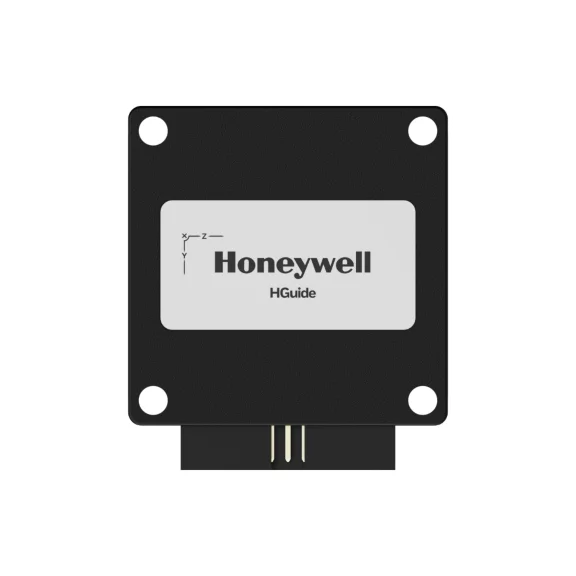
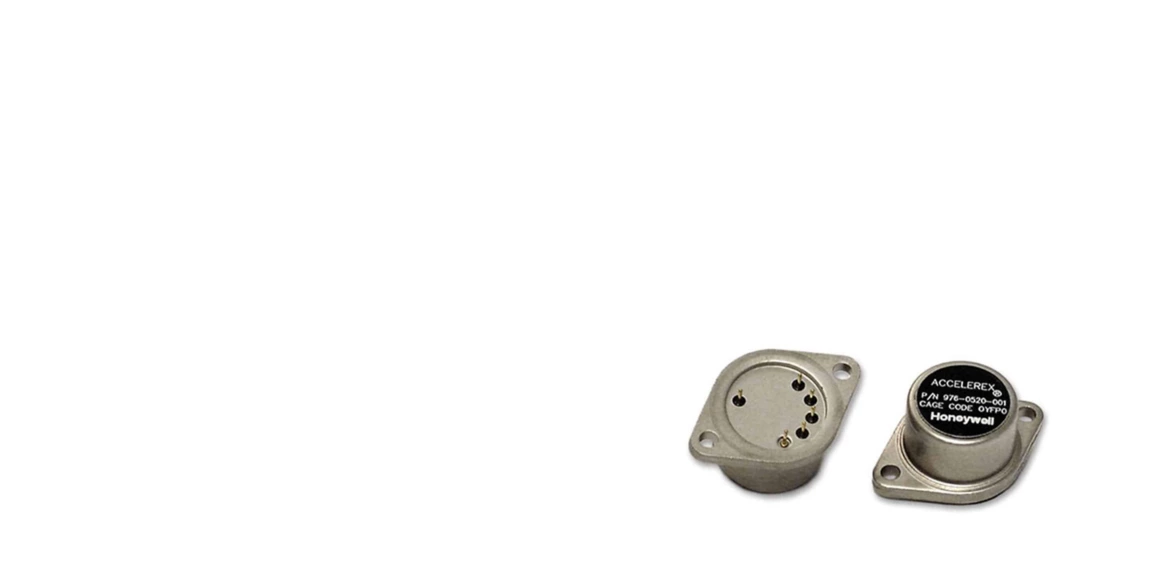
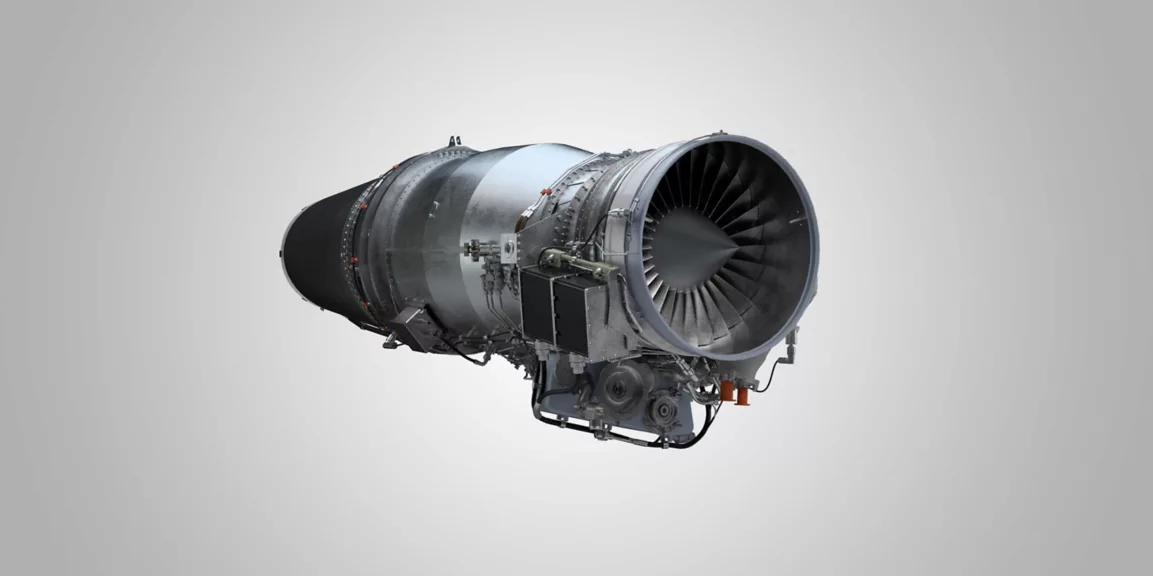
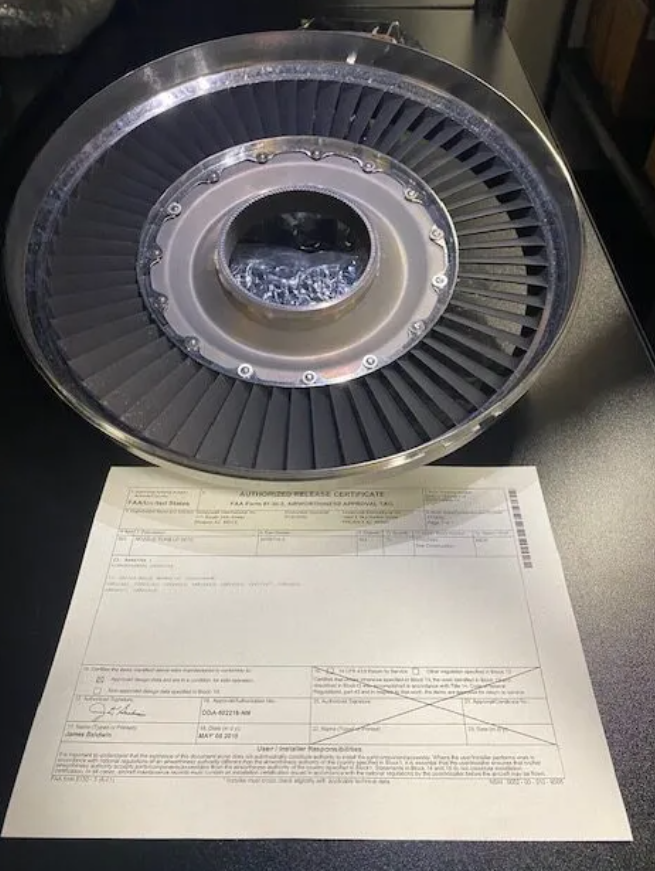
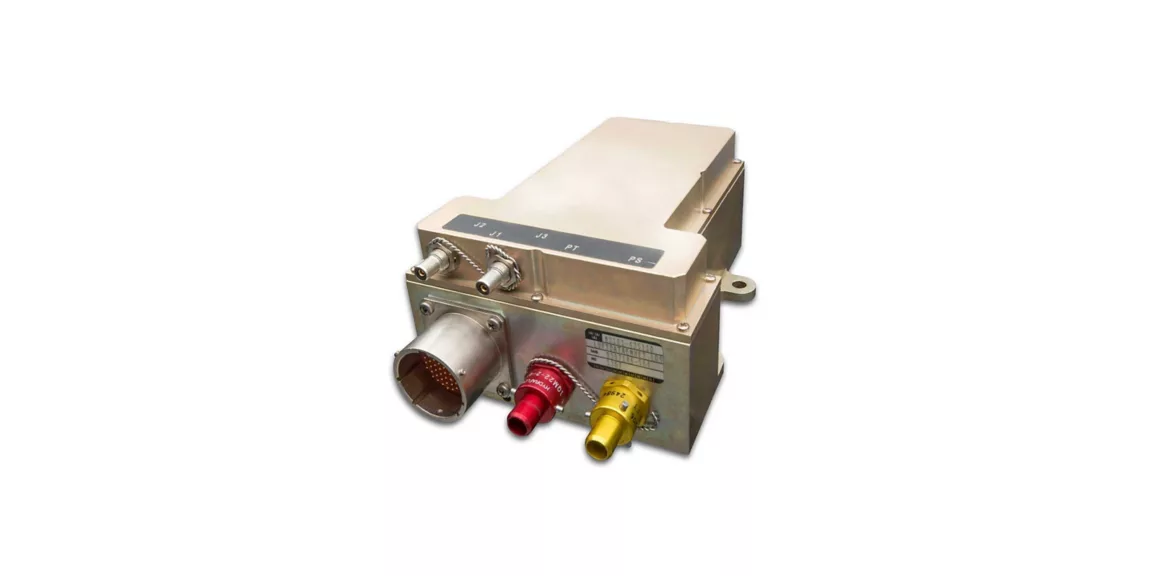
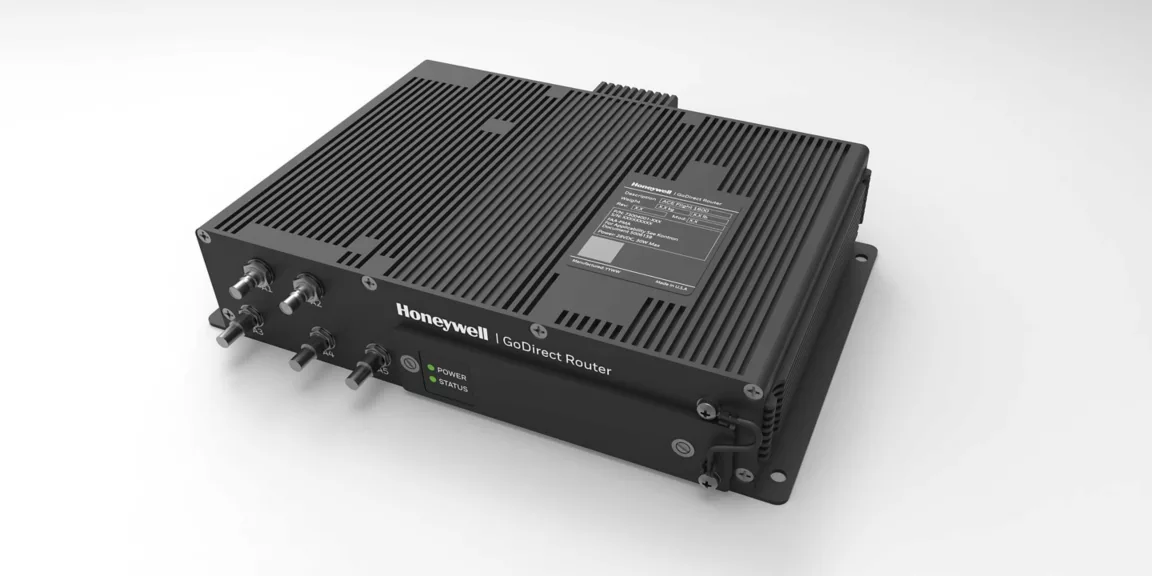
 Gas Turbine
Gas Turbine
 Aircraft parts
Aircraft parts